Ali el Hassouni
pH-RL: A personalization architecture to bring reinforcement learning to health practice
Mar 31, 2021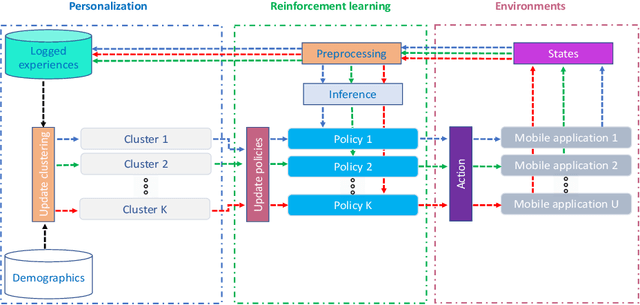
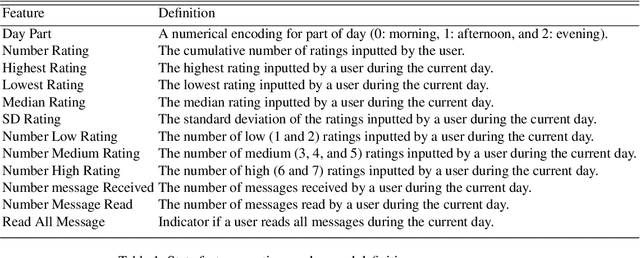


Abstract:While reinforcement learning (RL) has proven to be the approach of choice for tackling many complex problems, it remains challenging to develop and deploy RL agents in real-life scenarios successfully. This paper presents pH-RL (personalization in e-Health with RL) a general RL architecture for personalization to bring RL to health practice. pH-RL allows for various levels of personalization in health applications and allows for online and batch learning. Furthermore, we provide a general-purpose implementation framework that can be integrated with various healthcare applications. We describe a step-by-step guideline for the successful deployment of RL policies in a mobile application. We implemented our open-source RL architecture and integrated it with the MoodBuster mobile application for mental health to provide messages to increase daily adherence to the online therapeutic modules. We then performed a comprehensive study with human participants over a sustained period. Our experimental results show that the developed policies learn to select appropriate actions consistently using only a few days' worth of data. Furthermore, we empirically demonstrate the stability of the learned policies during the study.
Mixing Consistent Deep Clustering
Nov 03, 2020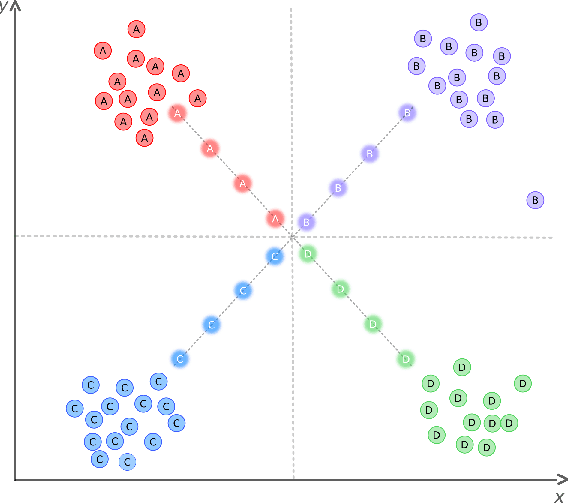
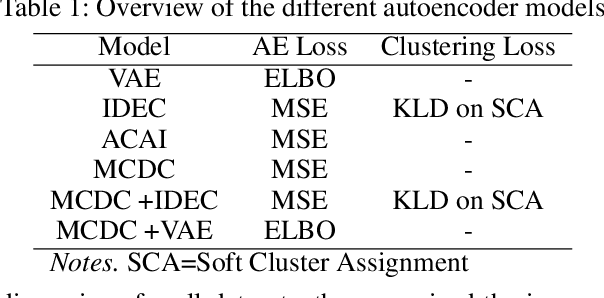
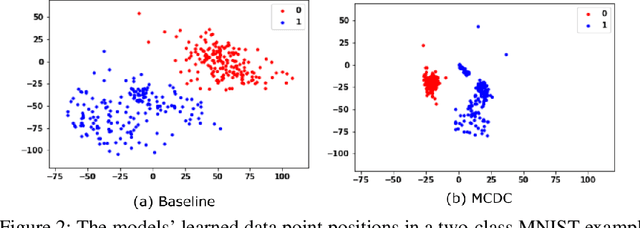

Abstract:Finding well-defined clusters in data represents a fundamental challenge for many data-driven applications, and largely depends on good data representation. Drawing on literature regarding representation learning, studies suggest that one key characteristic of good latent representations is the ability to produce semantically mixed outputs when decoding linear interpolations of two latent representations. We propose the Mixing Consistent Deep Clustering method which encourages interpolations to appear realistic while adding the constraint that interpolations of two data points must look like one of the two inputs. By applying this training method to various clustering (non-)specific autoencoder models we found that using the proposed training method systematically changed the structure of learned representations of a model and it improved clustering performance for the tested ACAI, IDEC, and VAE models on the MNIST, SVHN, and CIFAR-10 datasets. These outcomes have practical implications for numerous real-world clustering tasks, as it shows that the proposed method can be added to existing autoencoders to further improve clustering performance.
Personalization of Health Interventions using Cluster-Based Reinforcement Learning
Apr 10, 2018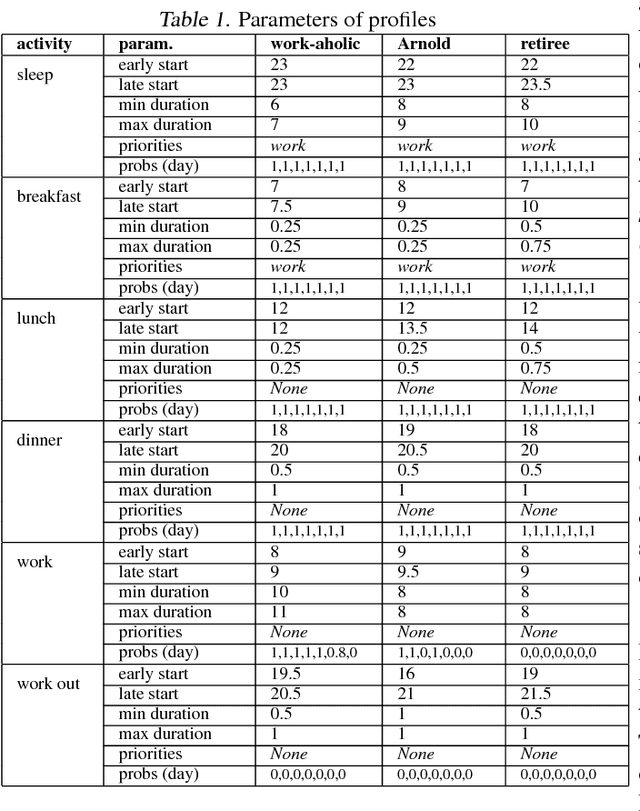

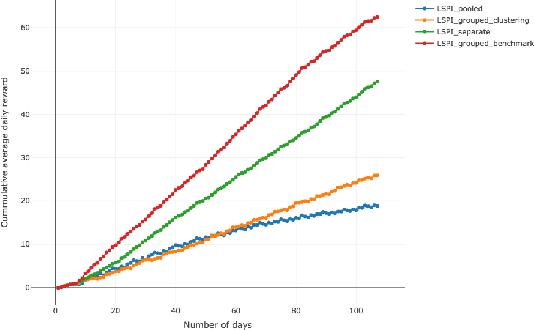
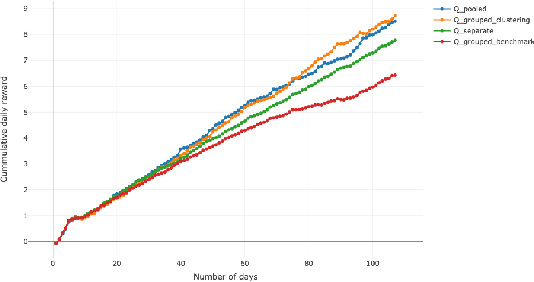
Abstract:Research has shown that personalization of health interventions can contribute to an improved effectiveness. Reinforcement learning algorithms can be used to perform such tailoring using data that is collected about users. Learning is however very fragile for health interventions as only limited time is available to learn from the user before disengagement takes place, or before the opportunity to intervene passes. In this paper, we present a cluster-based reinforcement learning approach which learns across groups of users. Such an approach can speed up the learning process while still giving a level of personalization. The clustering algorithm uses a distance metric over traces of states and rewards. We apply both online and batch learning to learn policies over the clusters and introduce a publicly available simulator which we have developed to evaluate the approach. The results show batch learning clearly outperforms online learning. Furthermore, clustering can be beneficial provided that a proper clustering is found.
 Add to Chrome
Add to Chrome Add to Firefox
Add to Firefox Add to Edge
Add to Edge